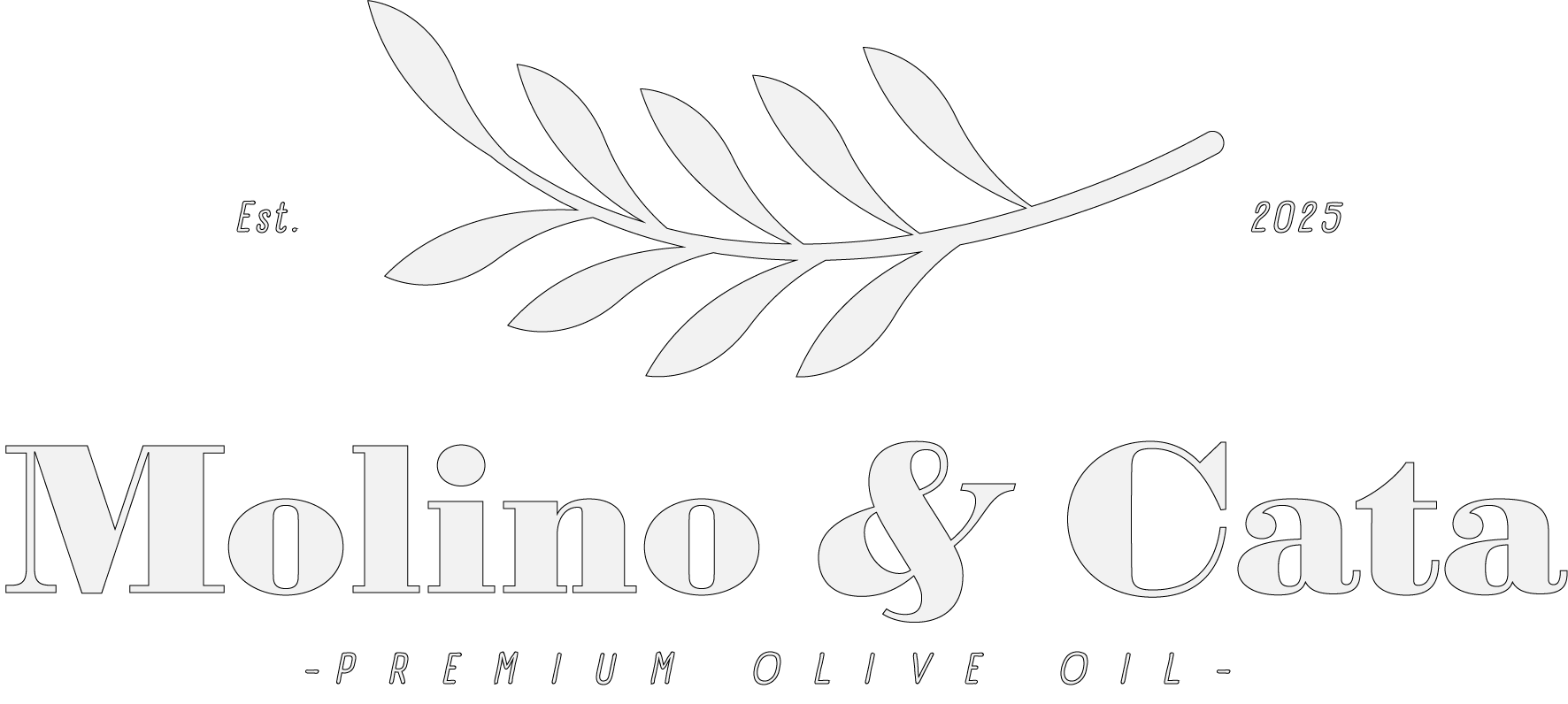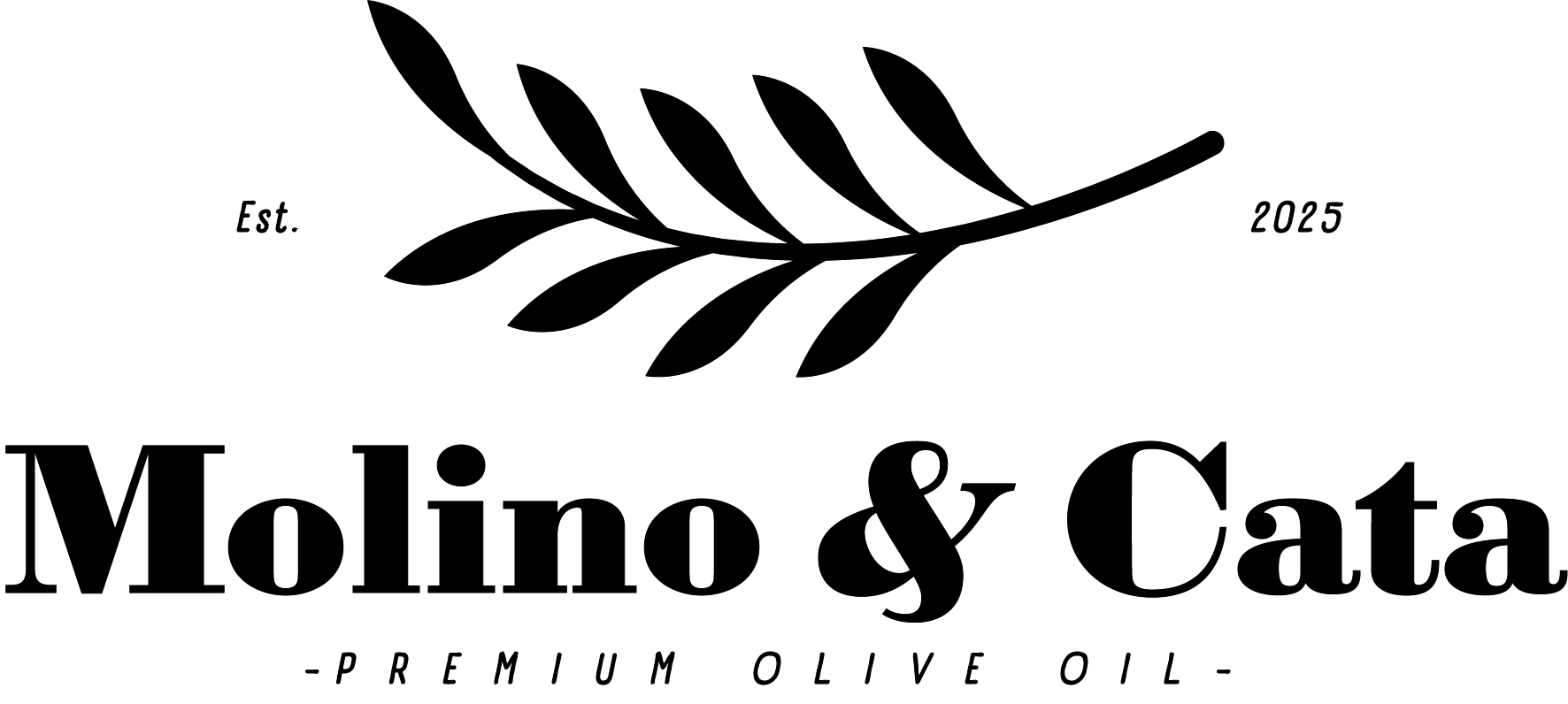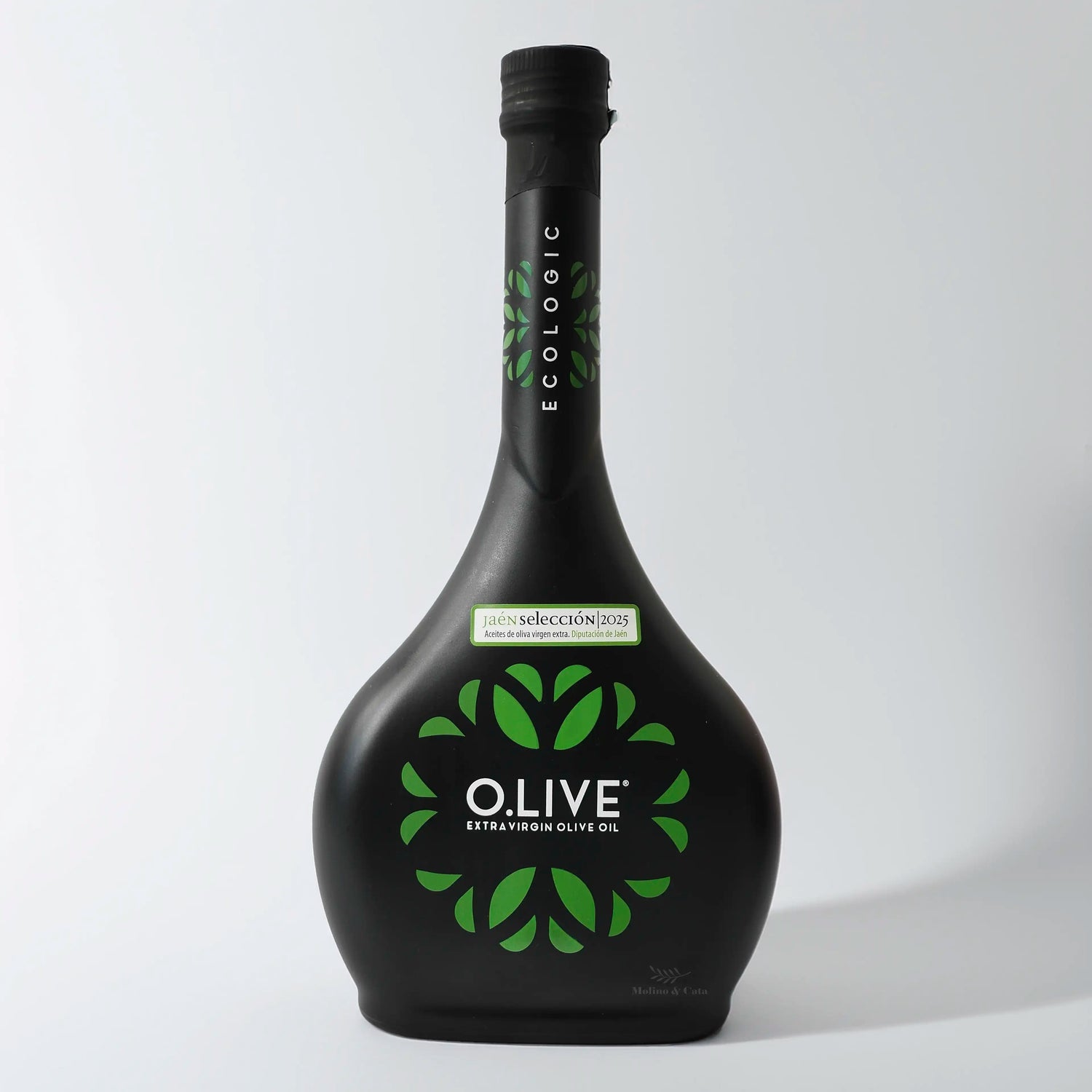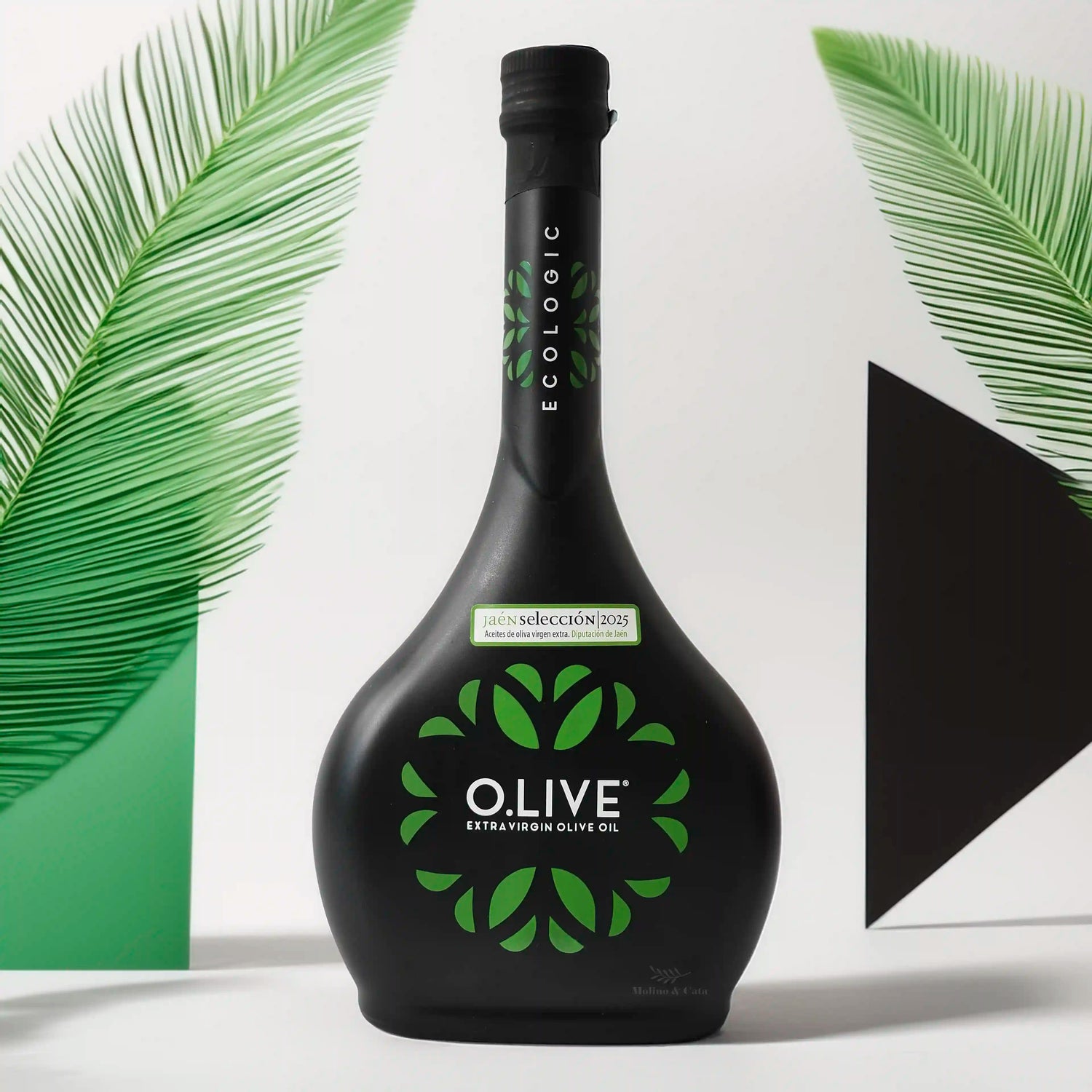
What is unfiltered extra virgin olive oil?
by Jerónimo Palacios
Unfiltered or unfiltered Extra Virgin Olive Oil is the highest quality olive oil that has not undergone a cellulose filtration process to remove organic residues and water.
Oil is normally filtered to remove these residues, as they can lead to fermentation that quickly spoils the oil. However, this also presents some drawbacks.
The oil filtering process
When we make EVOO , in the final stage, the oil leaves the machine, which centrifuges and separates the oil, the vegetable water, and the pomace. This process is not perfect, and a small amount of vegetation water and residue always remains in the oil that goes to the tank.
After a short time, the oil in the tank is filtered to remove organic waste, as if left untreated, it will begin to ferment and could spoil the entire oil.
This process involves cellulose sheets that absorb water and residue. It's normal for a small percentage of oil to be lost during the process.
Are aromas and flavors lost during filtration?
One of the reasons unfiltered extra virgin olive oil is popular is because the filtering process not only removes residue but also reduces the intensity of aromas and flavors.
Extra Virgin Olive Oil from the vine is prized because its distinct aromas are more intense than those of filtered olive oil. However, Early Harvest EVOOs also achieve the same or greater intensity and flavor due to their harvesting and processing characteristics.
Also, keep in mind that when cooking with unfiltered Extra Virgin Olive Oil , the possible fermentation of the fat can play tricks on us.
Unlike wine or other products where the absence of filtering can improve the product, oil is a fat that begins to degrade from the moment it is produced, so maintaining the residue from the lack of filtering will only accelerate its deterioration. This is true even for organic extra virgin olive oils .
It's important to mention that the absence of filtering doesn't necessarily make the oil more intense than other filtered oils. Most premium EVOOs surpass regular unfiltered Extra Virgin olive oils in intensity and variety of aromas.
Avoid fermentation to improve preservation
If we are not going to consume our oil immediately or during the next few weeks, it is better to opt for a filtered oil since, if we do not maintain proper conservation of our EVOO , it will necessarily become rancid and have a bad taste and smell.
This is especially important if we're buying unfiltered EVOO that was bottled weeks or even months ago. We'll be able to see a sediment forming at the bottom with all the organic residue.
Key Differences Between Filtered and Unfiltered Oil
In this table you have the key differences between one and the other-
|
Feature |
Filtered Oil |
Unfiltered Oil |
|---|---|---|
|
Aspect |
Transparent, clean |
Turbid, with sediments |
|
Flavor and Aroma |
More stable, balanced |
More intense, fruity |
|
Conservation |
Longer lasting, more stable |
Shorter shelf life, risk of fermentation |
|
Recommended for |
Cooking and eating raw, long-term preservation |
Consume raw, use immediately |
Advantages and disadvantages of filtered and unfiltered extra virgin olive oil
🟢 Advantages of Unfiltered Oil:
- Higher concentration of natural antioxidants.
- More intense and fruity flavor.
- It retains more of the olive's natural compounds.
🔴 Disadvantages of Unfiltered Oil:
- Shorter shelf life, risk of fermentation.
- Need for proper storage (avoid high temperatures and light).
- It can generate sediment in the bottle.
🟢 Advantages of Filtered Oil:
- Greater stability and durability.
- Balanced flavor and less tendency to oxidize.
- Easier to store without worries.
🔴 Disadvantages of Filtered Oil:
- Slight loss of polyphenols and antioxidants.
- Less intense flavor compared to unfiltered.
Share















